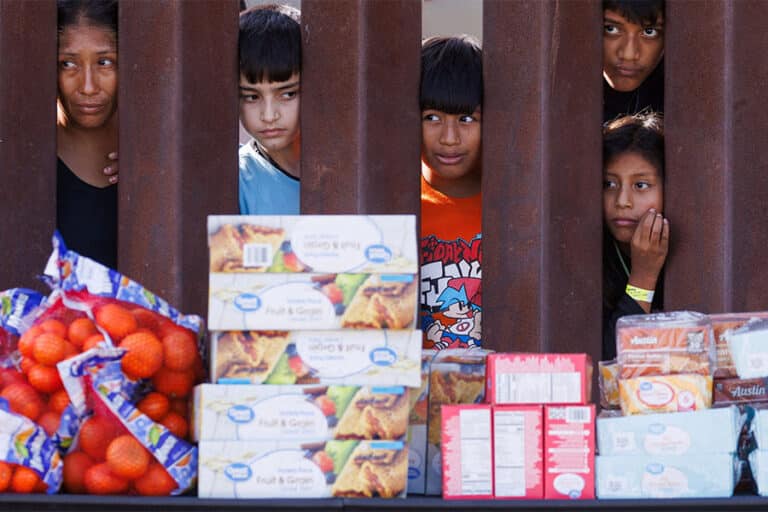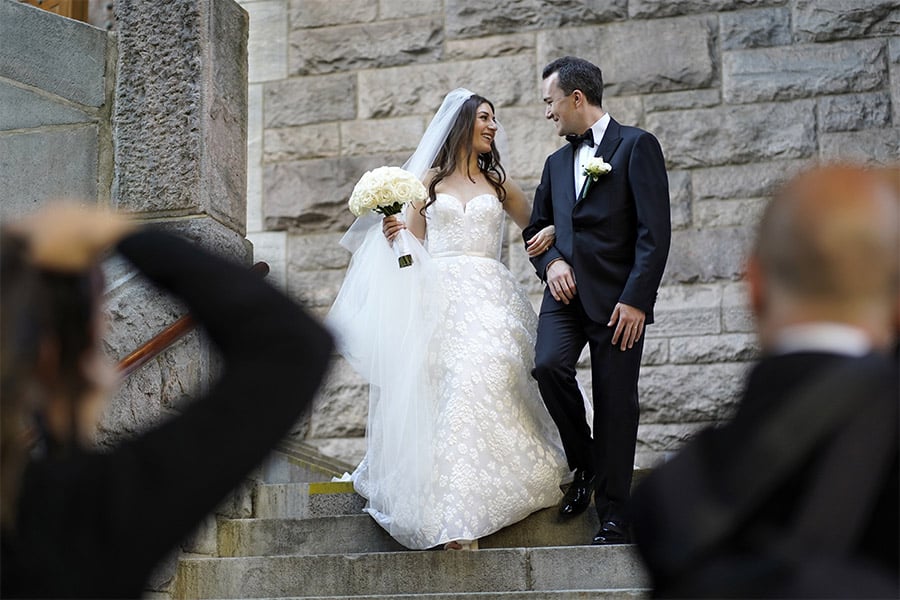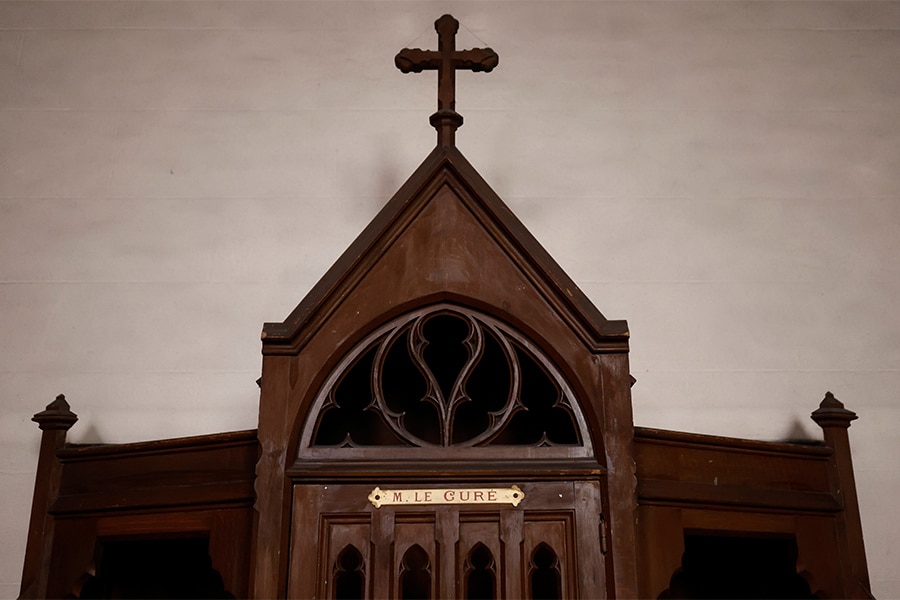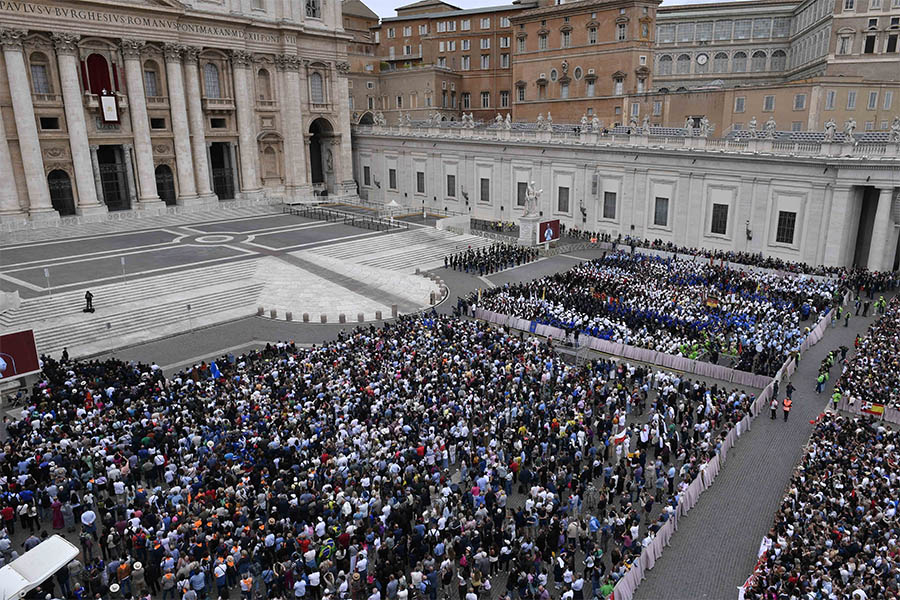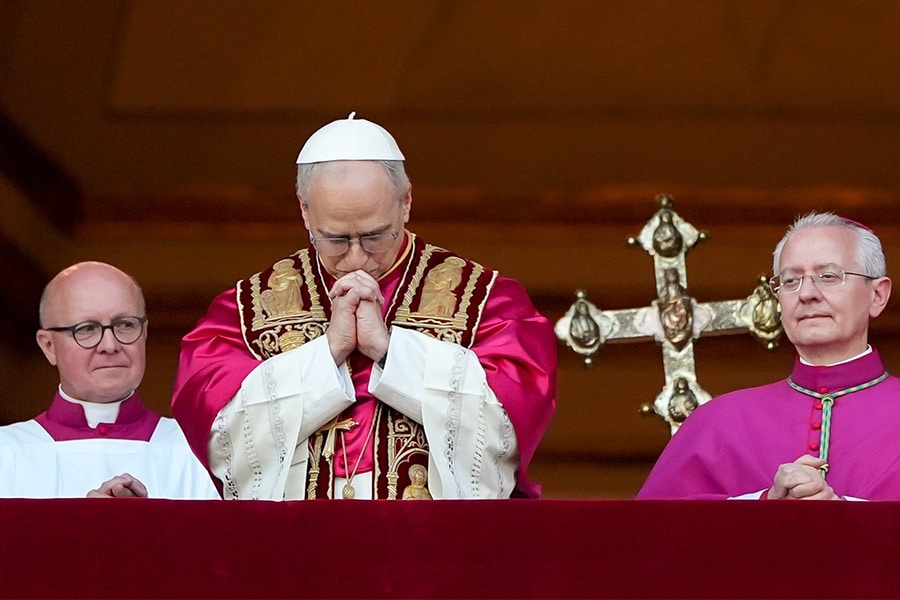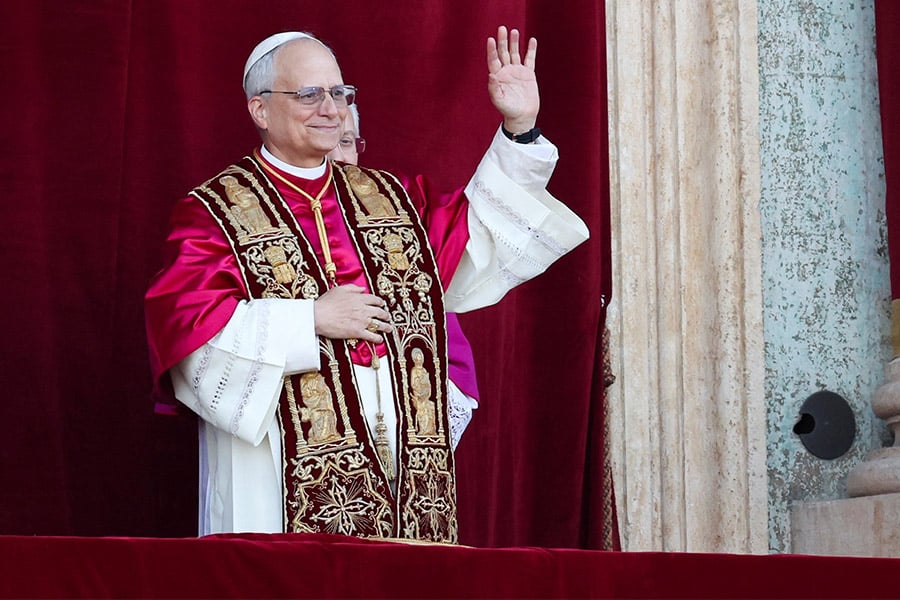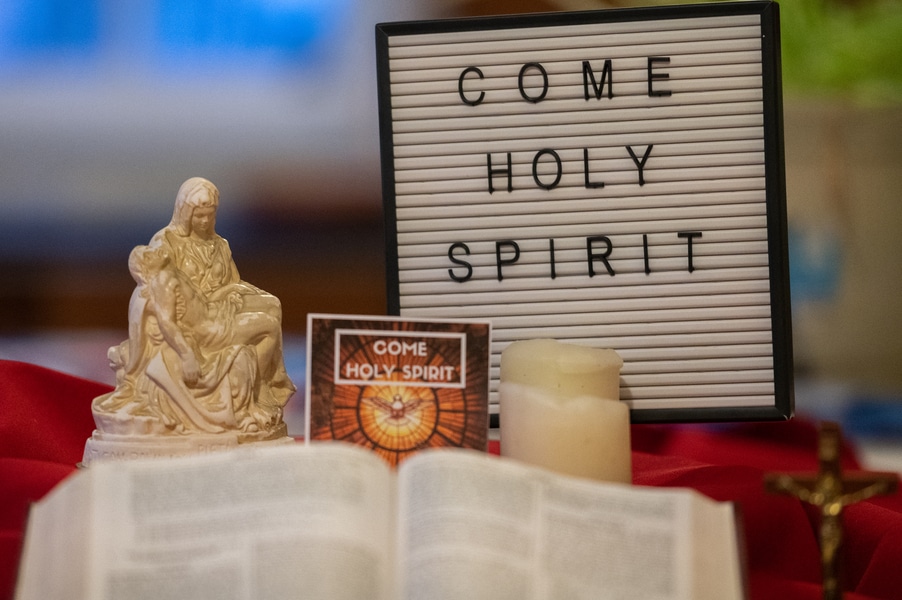In the more than 30 articles I have written in the last three years, I have spoken from the perspective of a person with a Ph.D. in social work, concentrating on the study of migration. My doctoral dissertation dealt with research on undocumented migration as experienced in the 1970s.
Today, however, I speak more as a moral theologian focused on Catholic social teaching, whose fundamental principle is the dignity of the human person. More than 30 years ago, the Catholic bishops of the United States published a succinct description of Catholic social teaching on migration. First, every nation has a right to defend its borders. Secondly, at the same time, every nation has an obligation to take migrants when necessary to promote the international common good.
While it may seem challenging, a nation must engage moral principles to help define its social policies, as moral tenets have helped determine how, as humans, we relate to one another.
With over 50 years of experience, first as a parish priest, then as a social worker in Catholic Charities in the Archdiocese of Newark, followed by six years at the U.S. bishops’ conference as the director of the Migration and Refugee Program, and founder of the Catholic Legal Immigration Network, Inc. (CLINIC), the largest legal support organization in the country, I have witnessed firsthand the importance of such ethical considerations.
Now, after 27 years as a bishop, I can say that I have never seen such a deplorable and unnecessary experience in human suffering that has been caused by a dysfunctional political system.
Mass deportations are unnecessary. Of course, convicted criminals who are a threat to our communities should be deported, but not without due process. The dignity of every human being, however, must be respected, especially the dignity of the worker. Our nation is not without fault because we have used undocumented labor to fill the gaps in our labor market for at least the last 50 years.
Undocumented workers work in construction, service industries, agriculture and almost every other area where U.S. workers do not want that work even when they are available. These workers are sometimes exploited. While they pay taxes and contribute to the Social Security system, they are unable to qualify for Social Security or many federal social service programs.
It is certainly a call to the conscience of our nation that we must challenge ourselves to see how we treat the aliens among us, as the Old Testament reminds us. Various efforts have been made to rectify the situation, such as the Immigration Reform and Control Act — the legalization program of 1986. However, since that legislation was not comprehensive, it merely facilitated continued undocumented migration. Undocumented migration is a benefit for some sectors of the labor market and businesses but to the detriment of the migrants, who work in substandard conditions for below-market wages.
The current political impasse has brought us to a point where we are unable to effectively negotiate issues related to U.S. immigration history. It is as bad as it can get, almost as bad as the racist curb on migration in 1924, which has been hailed as the necessary pause keeping undesirable migrants from coming to the country.
Lucky were those whose ancestors came before that date, like mine. Before 1924, almost all healthy and able-bodied immigrants could immigrate to the United States if they had either a relative or friend as a sponsor, who would guarantee that they would not become a public charge.
The end is not in sight. What made America great was migration, and without it, we may never achieve greatness again.
There are other solutions to the inherent problems which migration causes. Our intelligence and resources as a nation could certainly solve almost every one of them. The constant humanitarian gestures of our nation have made us great: When we took refugees, when we accepted asylum-seekers, and when we gave temporary protected status to people fleeing persecution and adverse conditions in their home countries.
All of these humane gestures have given us the greatness that we can call our own. Greatness is not synonymous with wealth. Moral leadership among nations creates true greatness.
Anglican Bishop Mariann Edgar Budde recently demonstrated moral courage by confronting President Trump with truth just after Inauguration Day. Our Holy Father, Pope Francis, in a letter to the U.S. bishops, commends the efforts of many bishops and others to confront this crisis. The most prophetic remark in his letter was, “What is built on the basis of force, and not on the truth about the equal dignity of every human being, begins badly and will end badly.”
“Fortress America” is not a country headed for greatness if it loses its moral conscience. No nation can ever survive and deserve a place among the family of nations without respecting basic human dignity. Hopefully, we will reverse course and learn this lesson before it is too late.
Read More Commentary
Copyright © 2025 OSV News

